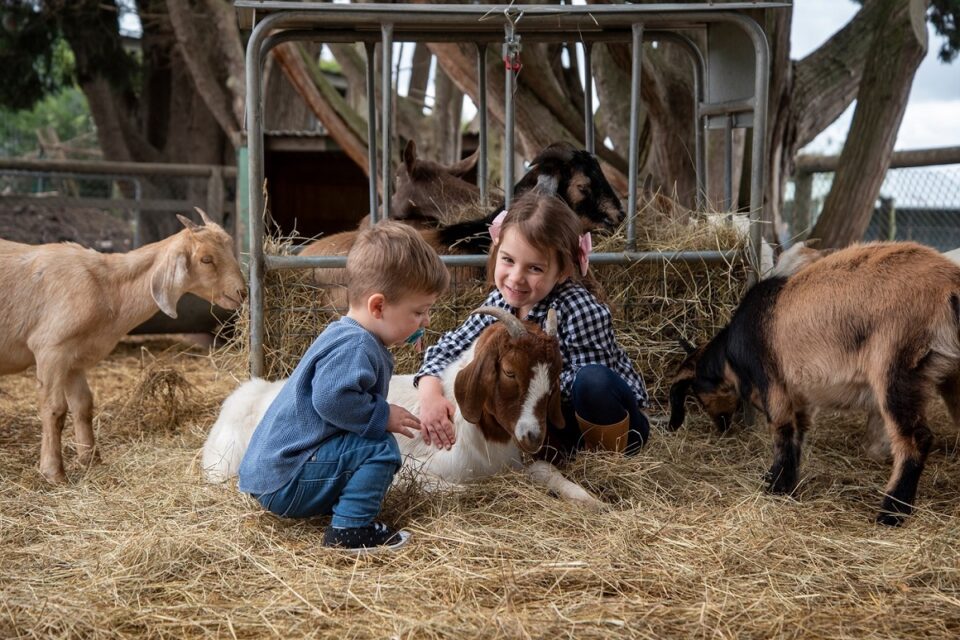Kids begin understanding their emotions and surroundings at a tender age. They indulge in games and activities that help them develop a connection with the environment that they live in. But, for their holistic development, it is important to expose them to different surroundings. Animal farms are where children can learn a lot about love, emotions, and overall development.
Animal farms offer various hands-on activities to help students learn different skills and the behavior around them. When kids indulge in these things, they know larger-than-life things and make memories that last for a lifetime.
So, if you are interested in enrolling your kids in something similar, here are some reasons to help you strengthen your decision.
1. Development Of The Sensory Skills
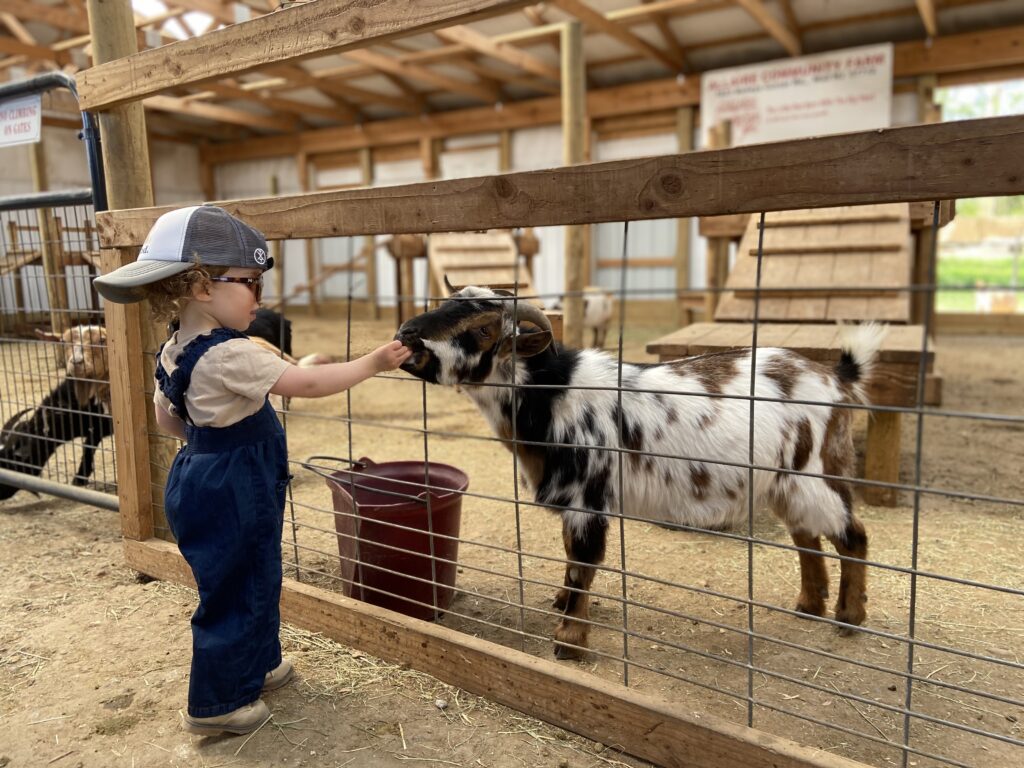
The children in their growing age and those in preschool discover different things about the world while putting their organs to use. They see, hear, touch, and feel, making them realize certain things in life. For example, animal experiences help them stroke and interact with various creatures and their habitat. Also, with such exposure, children can develop excellent listening skills.
In addition, they learn group behavior, where they do certain activities with their peers. Also, they know coping and defense mechanisms that stay with them even when they grow up. It is an excellent way to help your kids go for an overall development.
2. Motor Skill Development And Responsible Behavior
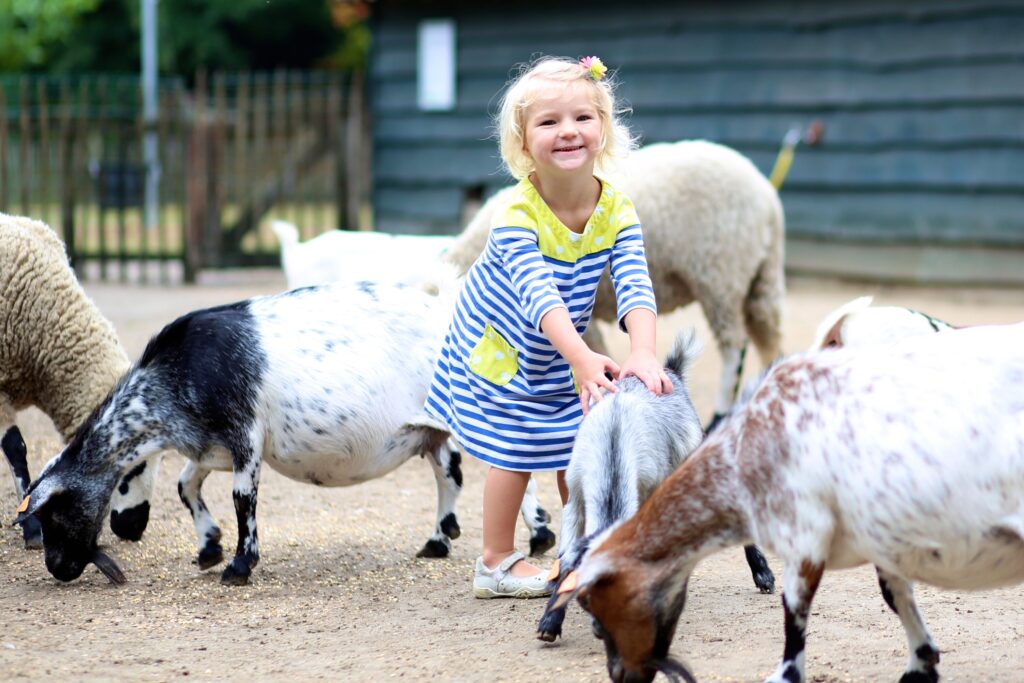
The development of motor skill in kids is major during their preschool years.
If you hear this word for the first time, you need to know it as you will listen to it repeatedly during your child’s education and growing years.
Motor skills mean developing the child’s mind into activities that require them to use their muscles. However, gross motor development is something different. In gross motor skills, the main focus is on developing large muscles by involving them in activities like running or climbing.
Whereas in fine motor skills, the development is related to small body movements like using the brush for animal grooming, understanding the needs of animals, and feeding them food by picking it up.
Also, kids are helped with the daily routine of animals and plants, an essential feature for good produce. So, children are taught to feed, clean, water, groom, and build plants to get what they expect from the product quality.
They are divided into activities, and each child has to deliver what is assigned to them. So, there is an extra degree of care over here. Also, being at animal farms help kids develop responsible behavior regarding their role in food production, which can be implemented in their daily life.
3. Development Of Language
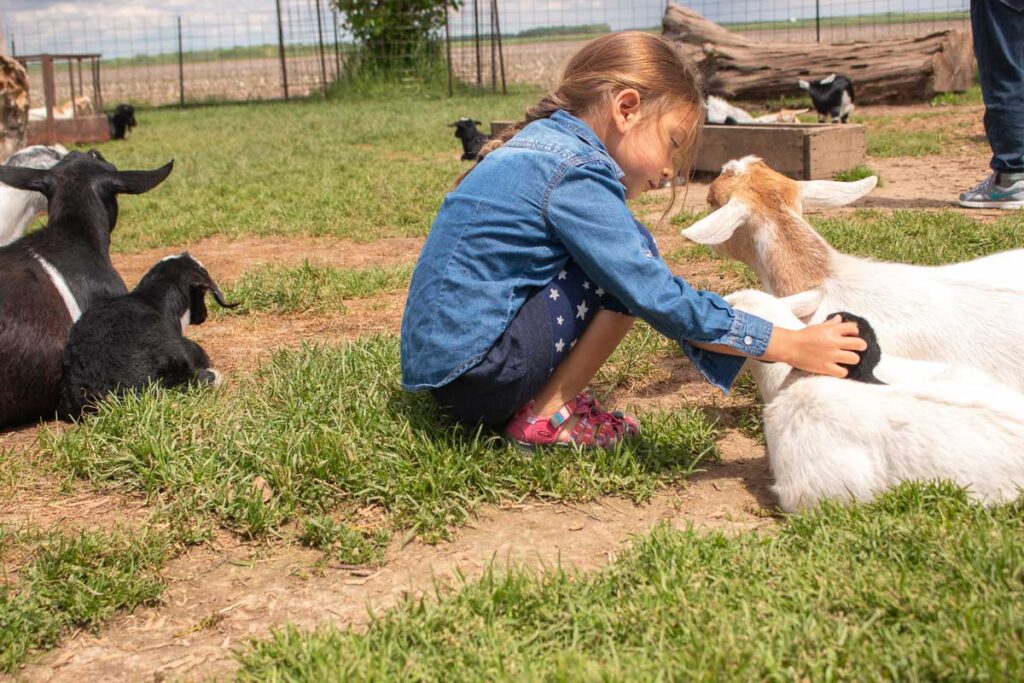
During this age, children do various things that help them understand the language spoken around them and respond similarly to it. Animals cannot talk in human languages, but the way they move around and have the company of these little children helps break the barriers and create a great bond. You might have seen many people with pets talk to them, knowing they won’t get similar responses.
But, the reality is that when any person shares a bond with anything or anyone, the only language needed is the one that connects them. Children sit and talk to animals, and the gestures that they get in return help them learn about so many things that words can’t explain.
4. Empathy, Courage, And Respect

These emotions are something that children begin embracing when they gradually grow. But, the roots of the same are since their childhood. Young children begin developing the early signs of creating these things in groups and while dealing with animals. Children need to build such a gesture of consideration for others which helps them deal with different things in life.
For example, if the children are doing activities on the farm and eating and drinking during their break time. During this time, if they see a cow roaming here and there, it should strike the child whether the cow has eaten food or taken water to quench its thirst in the heat.
Also, if one child is uncomfortable being around any animal, the child can see others, or his friends can encourage him to take the first step. It will help the child in dealing with their fears. These are small habits, but they help children become good human beings who are considerate and courageous.
5. Safety Skills
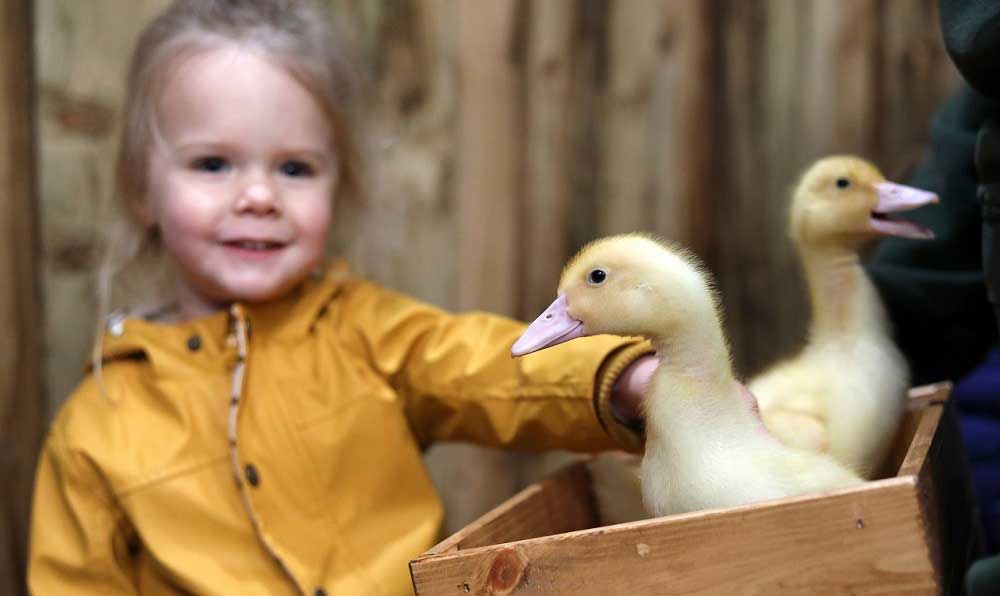
However, there are some things that the kids need to beware of. You need not give your child any special sessions for the same. When the kids are exposed to such surroundings, it helps them become aware of their well-being and identify potential issues.
Students indulge in activities like milking the cows, working with various parts and equipment, feeding the pigs, and catching a chicken, amongst others. They require safety awareness and safety tips. They will guard up at all times so that they can feel protected.
6. Awareness And Environmental Connect
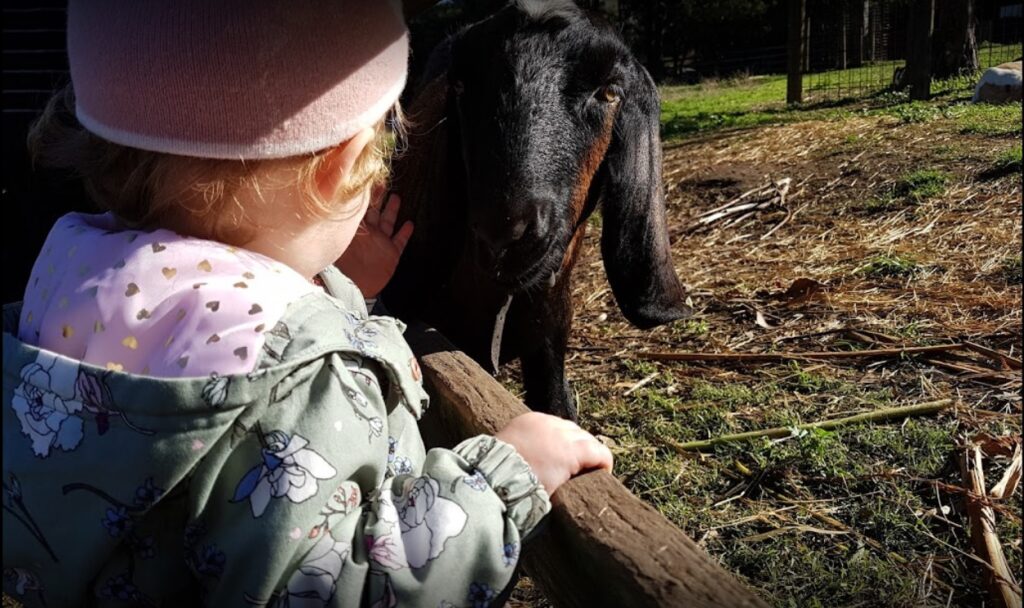
Students learn that the life cycle of all beings on earth ends. It is a hard reality and harder for students to see at such a young age. But, at the same time, a new creature comes into existence; hence, that’s how the cycle gets complete. Apart from that, children notice the weather changes and nature’s impact on the growth of animals and plants.
They learn the importance of these things and begin taking steps to conserve them. When you teach such things to small children, they carry it with them throughout their life, and that’s how you invest in a better, aware, and a productive tomorrow.
Conclusion
Animal farms have supervision in the form of staff and owners. They can help the kids with regular activities like nursing, watching the plants and animals, and seeing the transformation process. Children love it as they see nature’s magic.
Apart from the importance of nature and the environment, they learn life lessons and skills that can be implemented daily. Hence, these farm visits should be a sure shot choice for your child in its early age of development.

